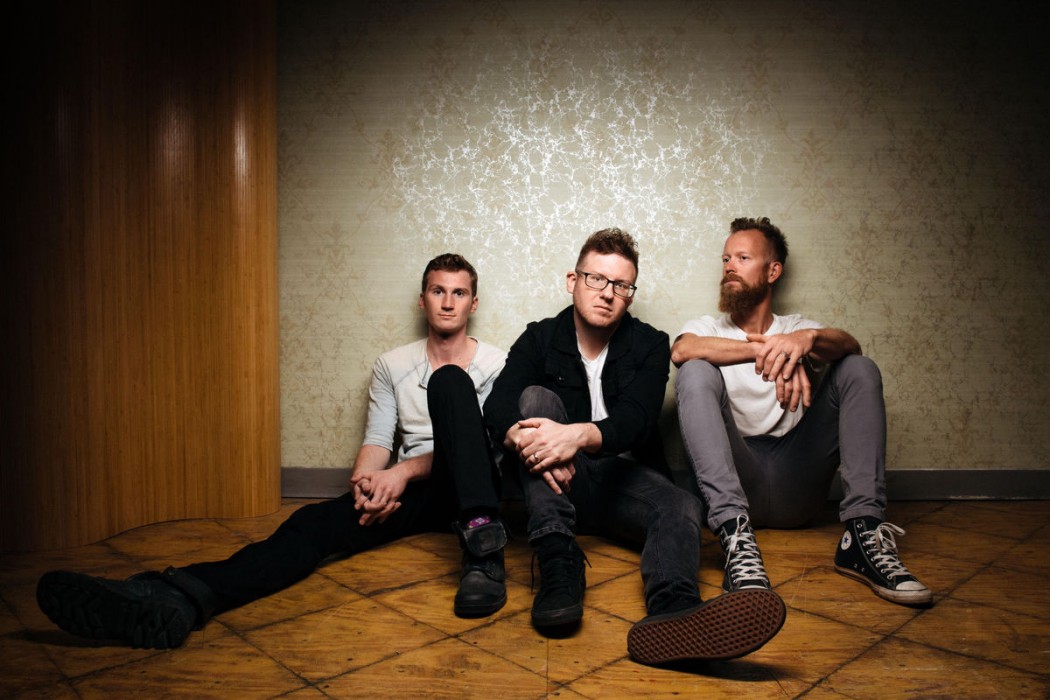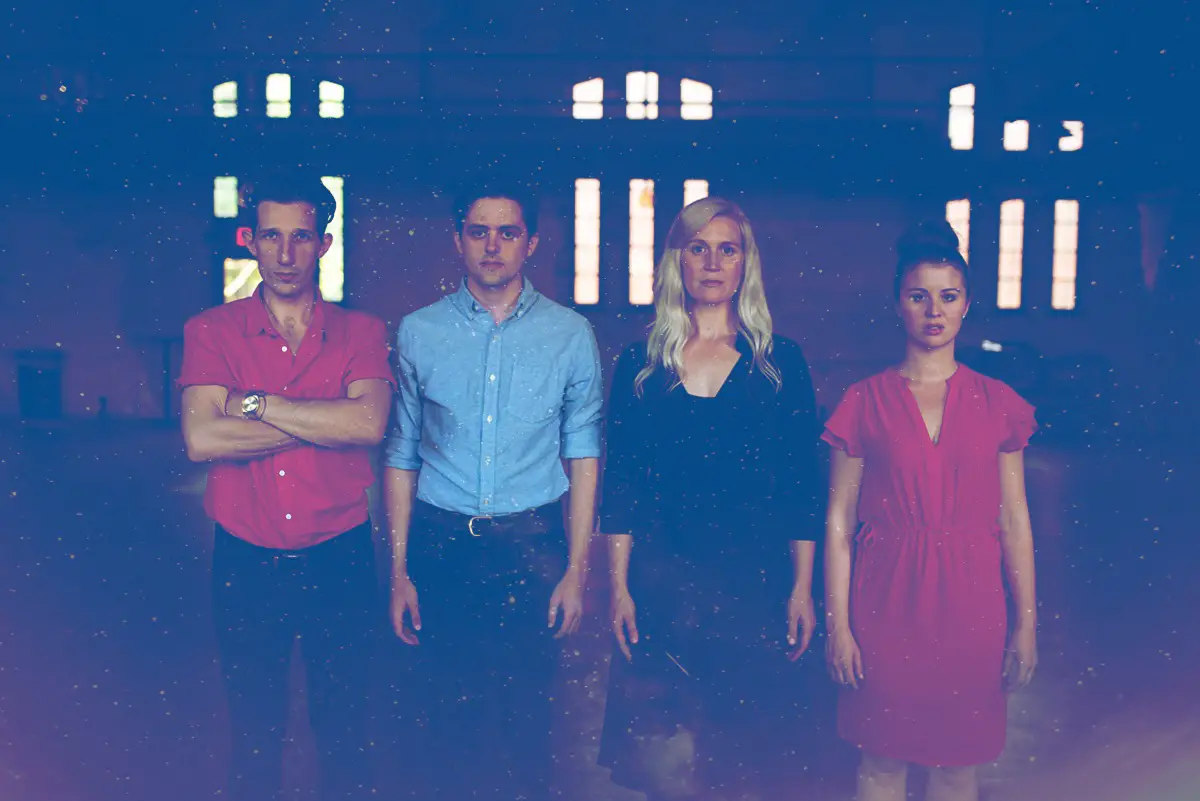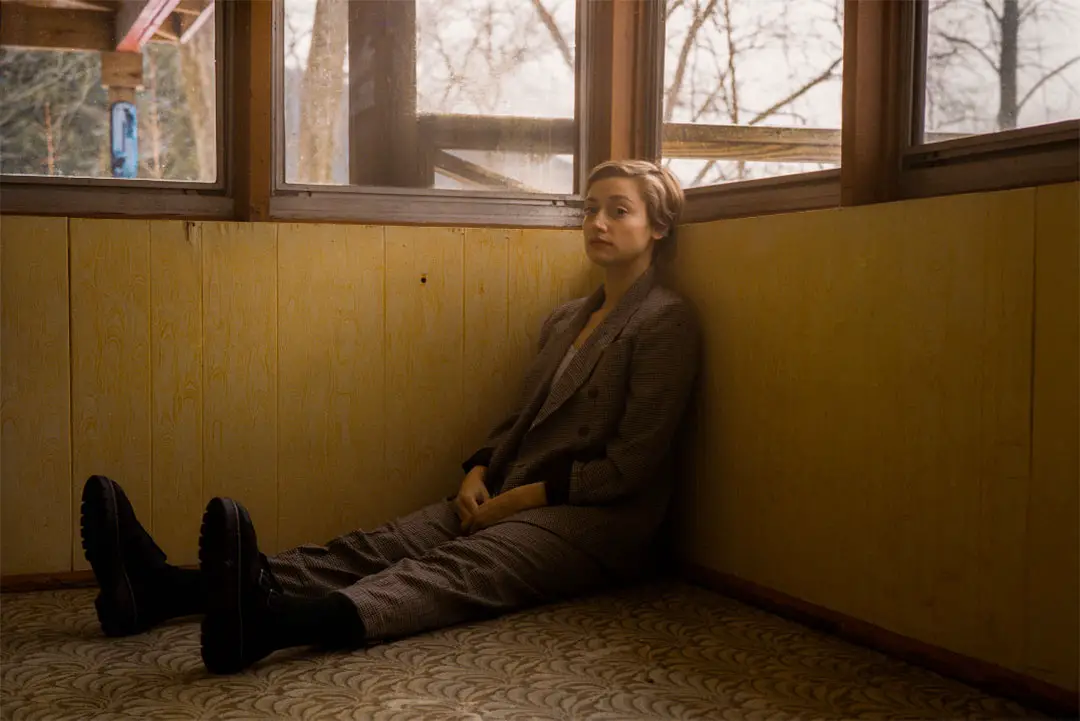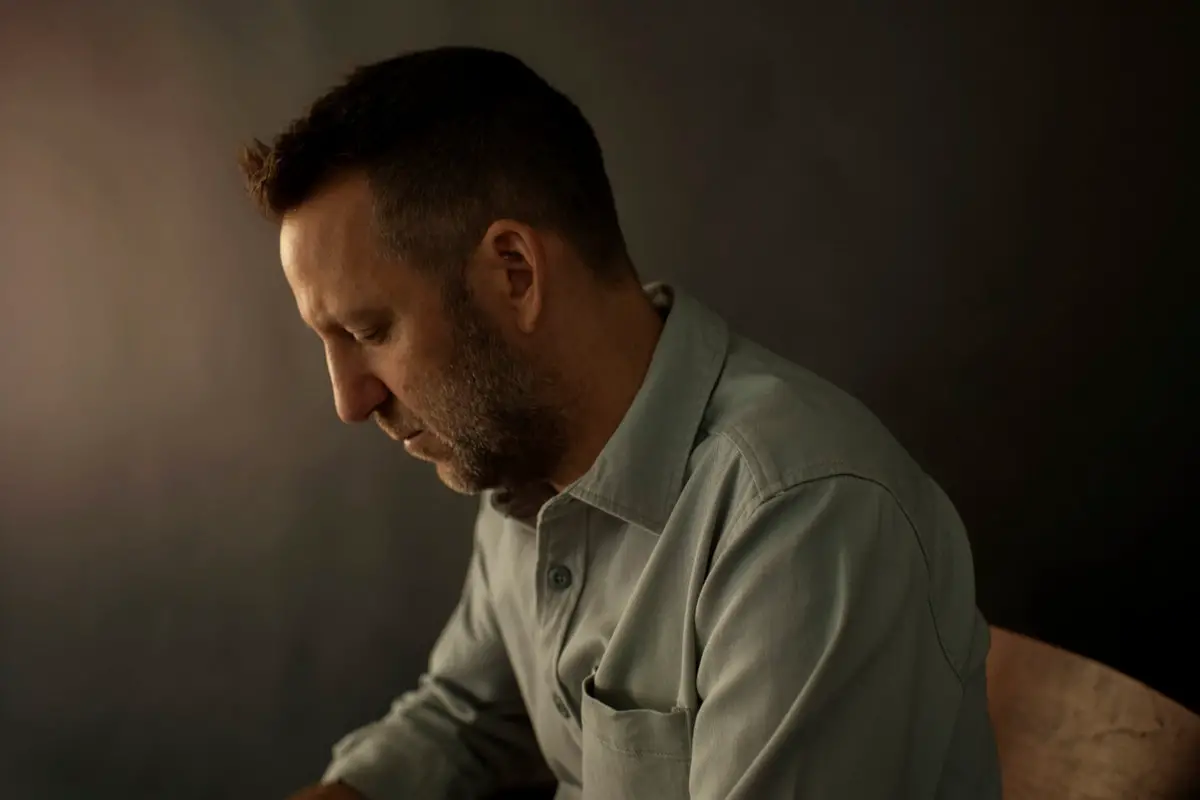Our memories are most potent when the present is too much to bear. In painful moments, we turn to the past as a reminder of good times – of warmth, of comfort, of happiness, and more. But life is not one joyous occasion; life is unfair, often the bearer of bad news. Dreams are crushed; futures full of promise decimated in the blink of an eye. We scar easily. The War on Peace slowly face pain and suffering on “Fear of Loss,” a song that rewinds to better times before sinking into present darkness.
under the power lines we felt electrified
you looked at me and smiled
please remember
the future looked so bright shining in our eyes
walking side by side
please remember
Listen: “Fear of Loss” – The War on Peace
[soundcloud url=”https://api.soundcloud.com/tracks/308152185?secret_token=s-KKC0g” params=”color=ff5500&auto_play=true&hide_related=false&show_comments=true&show_user=true&show_reposts=false” width=”100%” height=”150″ iframe=”true” /]
Atwood Magazine is proud to be premiering “Fear of Loss,” the first single off The War on Peace’s upcoming EP Automated People. Consisting of Grahm Bailey, Steven Burkholder, and Jeremy Schering, Chicago-based three piece The War on Peace have mastered the art of drawing out emotions over the course of their four year tenure. Whether it comes as a refreshing reminder or an introduction, “Fear of Loss” cuts deep into our subconscious as the band pieces together a broken situation.
Since their inception, the band’s focus “has been on bringing a consistent stream of digital sounds to the airwaves.” The War on Peace’s brand of songwriting incorporates pop, electronic, dance, and rock elements – both structural and sonic – such that what arises, especially on “Fear of Loss,” is something that feels familiar, yet tantalizingly fresh. “Fear of Loss” opens with an ethereal, synthetic soundscape backing a bare piano. Two worlds collide, but they do not clash. Steven Burkholder’s voice is all the more forceful thanks to that soft, delicate support as he reminisces: “Under the power lines we felt electrified, you looked at me and smiled, please remember.”
Artists like U2, Mutemath, and A Silent Film come to mind as The War on Peace make an anthem out of silence. Pure emotional force carries Burkholder’s voice forward as the second verse casts a shadow over his reverie.
when I reached my hand for you
I could feel it coming true
I kissed your lips with everything I had
and the earth began to move
I knew that we were doomed
it would never be the same, you can’t go back
“Automated People is a sort of science fiction evolving dystopia,” explains the band. “‘Fear of Loss’ specifically is the opening scene to the tale. The end of the dream and the beginning of the nightmare. The hopes of the young swiped away in a single event, only to look forward to fear and uncertainty.” The end of the dream and the beginning of the nightmare. Those words hang heavily in the air; their weight is hard to absorb, because to comprehend such a catastrophic, life-changing event entails not only an acceptance of the unpredictable terror in our world, but also a clearer understanding of how each crushed dream is unique, singular, and precious. No single person deserves to bear that burden – but, perhaps we should think about it.

If we are fortunate enough to not have unjustifiable injustice in our lives, then perhaps we should take a second look at the way we individually approach the world and those around us.
the sky began to burn
but the only thing we heard
the sirens screaming through the distant blur
we watched it all come down
as the city lights went out
they left us there never to return
Of course, “Fear of Loss” and “Loss” are two different things. It’s easier to dive into a happier past than it is to accept a terrible present; it’s easier to avoid, than it is to acknowledge. Terror slowly seeps into consciousness over the course of the song, finally coming into full view with the ending lyrics, they left us there, never to return. The War on Peace finally broach the black clouds lurking in the corner of our vision, waiting for the moment to strike. It’s a slow psychological process; one cannot simply come to terms with tragedy overnight. The band’s bombastic performance enhances this very personal situation, giving it the sort of strength it needs to become relatable and real to all of us. Whatever journey lies ahead for the character(s) on Automated People, it all starts here, with a grave catalyst pushing us (and the narrator) out of the comfort zone – away from familiarity and peace, warmth and joy.
The War on Peace have only just begun to tell their story, but “Fear of Loss” is a mesmerizing entrance that has us holding our breaths, ready for the next chapter.
— — — —









